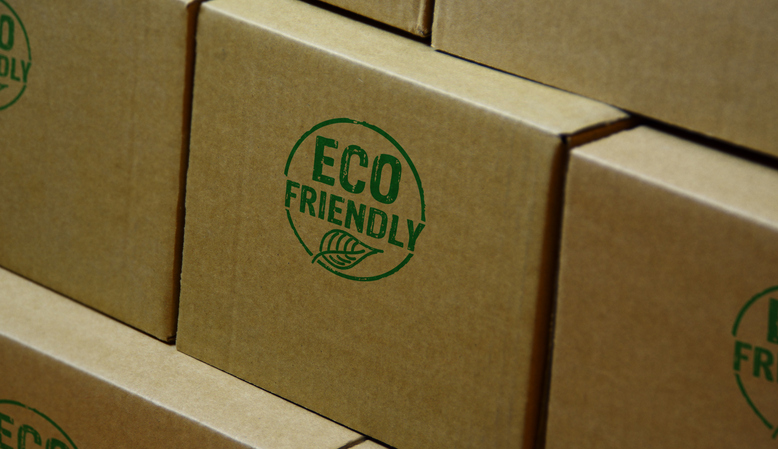Many individuals today are more inclined to buy compostable or biodegradable products since they are concerned about their impact on the environment. In fact, there has been a 71% rise in online searches for sustainable goods globally over the last 5 years, and 68% of Americans are willing to pay more for environmentally sustainable products.
With the rise in popularity of compostable and biodegradable products, it is important that you utilize responsible eco marketing to draw consumers to your products without misleading them. Luckily, the FTC Green Guides outline suggestions for the use of eco marketing claims.
FTC Green Guides for Eco Marketing for Compostable Products
If you are claiming that your products are compostable, you will need to have competent and reliable scientific evidence that all of the materials in your product will break down into usable compost. This breakdown must happen safely and promptly in an appropriate composting facility or a home composting pile or device. In this instance, usable compost can be defined as soil-conditioning material or mulch, and the breakdown must happen at the same time as the materials with which it is composted.
FTC Green Guides for Eco Marketing for Biodegradable Products
The FTC outlines guidance for degradable claims, including biodegradability claims. These guidelines say that you are required to have competent and reliable scientific evidence that the entirety of the item will completely break down, returning to nature, within a reasonable amount of time after disposal. As a rule of thumb, you should exercise caution when making claims for items that are disposed of in landfills, incinerators, and recycling facilities, as these locations do not present conditions where decomposition can occur within one year.
How Can You Obtain Scientific Evidence of Compostability and Biodegradability?
The best way to ensure you have scientific evidence that your product is compostable or biodegradable is through biodegradability testing. There are many options depending on the type of product you have, however, these testing solutions can determine the biodegradability, compostability, and eco-toxicity of your products for your eco marketing needs.
At Aropha, we offer a wide range of testing options to assess how your products mineralize in different environments, but some of our most popular include:
OECD 301
We offer the OECD 301B, OECD 301D, and OECD 301F biodegradability tests. These tests are used as initial indicators of what happens when your products enter wastewater treatment facilities. Each of these tests determines the ready biodegradability of your products using different methods. OECD 301B measures the CO2 evolution as a product biodegrades to determine the ready biodegradability. OECD 301D uses a closed bottle test to measure oxygen consumption during aerobic biodegradation. OECD 301F uses a closed respirometer test to determine biodegradability by measuring oxygen consumption.
ISO 14855
ISO 14855 is an aerobic biodegradability test that measures the ultimate aerobic biodegradability of plastic materials in composting conditions. This test measures the CO2 evolution under controlled composting conditions at 58ºC. There are two methods for this test: the general method and the gravimetric measurement of CO2 evolution in a laboratory-scale test, with the second option being more widely used.
ISO 17556
ISO 17556 determines the ultimate biodegradability of organic materials — particularly polymers — in soil. The test is done in a humidity-controlled environment and the polymer-soil mixture is allowed to sit to biodegrade. The biodegradability of these polymers is measured by comparing oxygen consumption with theoretical oxygen demand or comparing the CO2 evolution with theoretical CO2 demand.
Substantiate Your Eco Marketing Claims with Biodegradability Testing from Aropha
While continuous monitoring should go on to ensure your products are meeting lab expectations in the real world, we offer a wide range of biodegradability and compostability tests that allow you to substantiate your eco marketing claims. Additionally, can help early on to simulate your biodegradability testing with our digital twin simulation platform ArophaAI. This allows you to focus laboratory time and testing budget on validating promising research rather than exploring all possible options experimentally.
Contact our team today to get started.

